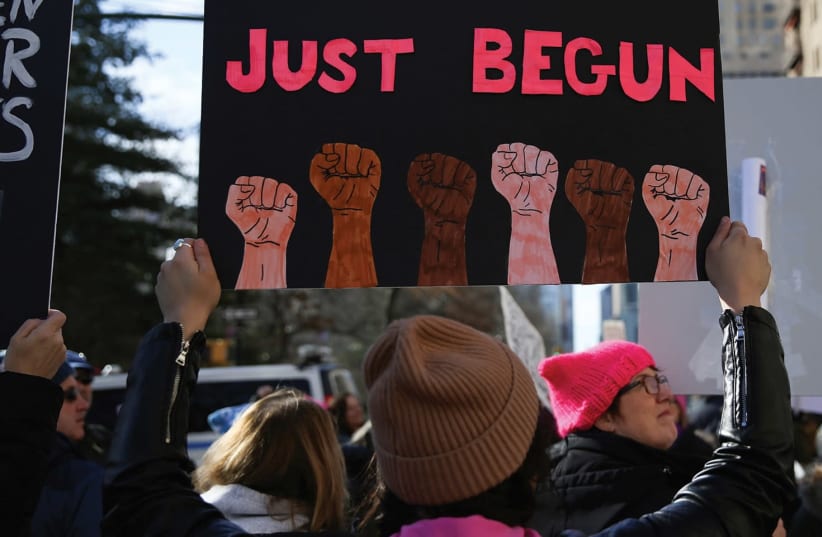California educators urged to promote true tolerance, not victimization
"We are dumbfounded by a curriculum that consistently elevates Socialism, Marxism and Communism as the way students are encouraged to become socially responsible," Hartford said.
